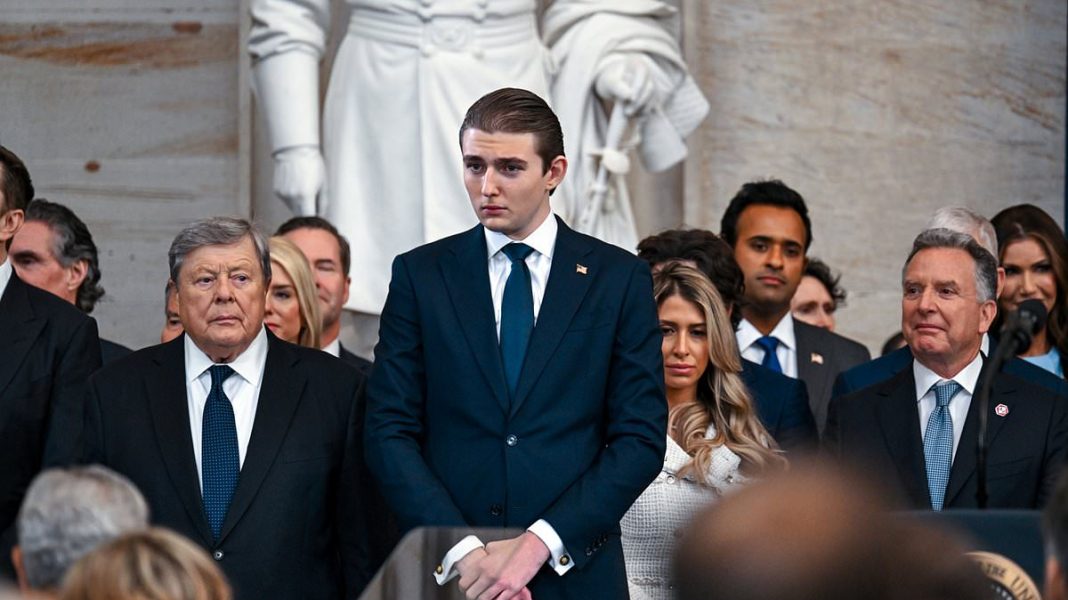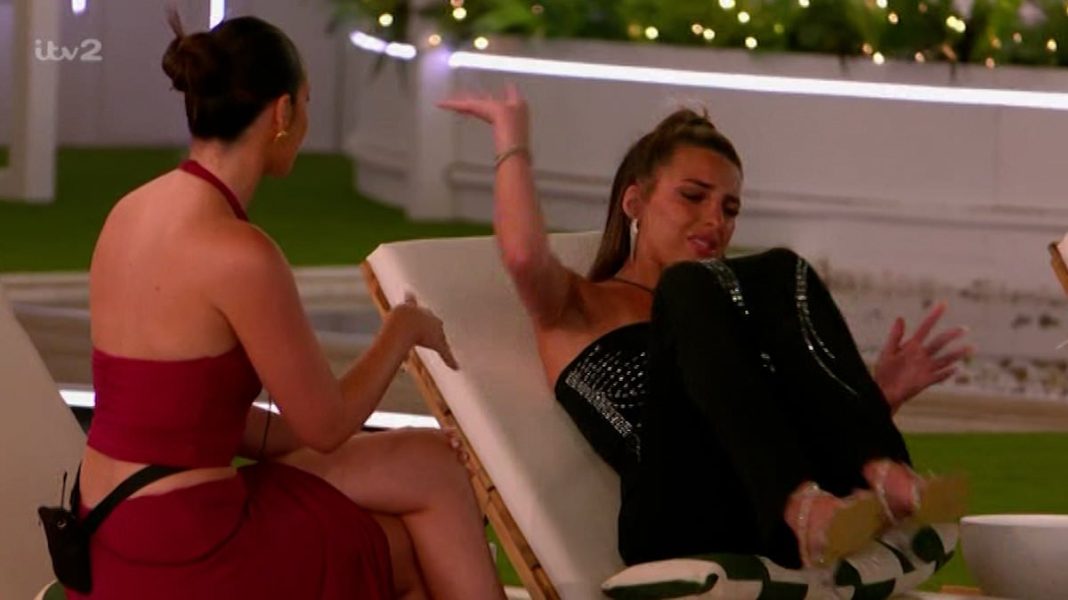- For help and support, call the Samaritans for free from a UK phone, completely anonymously, on 116 123 or go to samaritans.org
A controversial suicide capsule could be coming to the UK after the assisted dying Bill passed its final Commons vote yesterday.
Dr Philip Nitschke, the Australian right-to-die campaigner known as ‘Dr Death’ who is behind the Sarco euthanasia pod, said he will be ‘enthusiastically’ seeking to bring the technology to Britain for the first time.
The coffin-like device offers patients a way to end their lives painlessly by flooding a sealed chamber with nitrogen gas that leads to loss of consciousness and death within ten minutes.
A camera records their final moments and the video is sent to a coroner.
Dr Nitschke said he intends to start ‘enthusiastically pursuing the option of using the device in the UK’ as soon as the assisted dying Bill becomes law.
The campaigner said he has already had inquiries from 15 Britons seeking to use the Sarco pod and expects this number to increase with the passing of the Bill.
‘We’ll be looking to find UK-registered doctors to assist and of course someone who wants to use it and satisfies all of the requirements under the law,’ he told The Times.
‘The doctors involved would know that this would attract attention and possible close scrutiny, which by and large most doctors aren’t enthusiastic about, so we’d have to find someone a little crusading.’
If it becomes law, the Terminally Ill Adults (End of Life) Bill will let terminally ill adults in England and Wales with fewer than six months to live apply for an assisted death.
The person wishing to die would take an approved substance, provided by a doctor but administered only by the person themselves.
So far the Bill does not detail what the medication should be. Last year police made arrests after the Sarco pod was used for the first time by a 64-year-old American woman in Switzerland.
Swiss authorities confiscated the capsule and took one of the pod company’s founders, Florian Willet, who was present at the death, into custody on suspicion of aiding and abetting suicide. He was detained for ten weeks after police claimed there were strangulation marks on the neck of woman who had died.
It comes after MPs on both sides of the assisted dying debate made impassioned interventions ahead of the Commons vote yesterday.
Former home secretary Sir James Cleverly opened the debate for opponents of the Bill, speaking movingly of losing his closest friend to cancer this year as he warned that he could have ‘lost’ these precious final moments had assisted dying been available.
Meanwhile Mother of the House Diane Abbott described it as the ‘most fateful Bill that we discuss this Parliament’.
The Labour MP warned that, under the Bill in its current form, ‘there will be people among the most vulnerable and marginalised in our society who lose their lives unnecessarily’.
‘It is literally a matter of life and death,’ she added. ‘I have heard talk today of the injustices of the current situation. What could be more unjust than someone losing their life because of poorly drafted legislation?’
Former security minister Tom Tugendhat warned that legalising assisted dying would represent ‘a huge shift in the relationship between the individual and the State’.
The Tory MP said: ‘It’s about the power over life and death. Not just over ourselves, because we already have the power to end our own lives, it’s called suicide. It is not a crime – it hasn’t been a crime in this country for decades.
‘This is a different power. This is about the power of the State through its agents to exercise power over life and death.
‘Yes, agreed; yes, approved of in advance; but when the State takes a life, even with consent, that is a huge shift in the relationship between the individual and the State.’
But one of the Bill’s leading backers, Tory MP Kit Malthouse, wanted to give a voice to dying people ‘not because they want to be rescued, but because time and time again, they’re begging us for mercy’.
The former Cabinet minister added: ‘We honour life by giving it meaning and power. And the one thing that dying people ask for in their agonising final moments is control over the disease that is destroying them.’
Campaigners from both sides had spent the day in rival but respectful demonstrations outside the Houses of Parliament.
A cheer erupted as the result was announced on a livestream. Many cried and hugged each other, while others popped champagne. Rebecca Wilcox, Dame Esther Rantzen’s daughter, called her mother, who is terminally ill, in front of supporters and told her she wished she was there.
Ms Wilcox said that she even gave Bill proponent Kim Leadbeater’s mother a ‘big hug’ following the result announcement and added: ‘I don’t know whether to have a drink or a really big cry. It was quite extraordinary.’
Meanwhile Labour MP Dr Peter Prinsley said: ‘As a young doctor, I found the measures that we’re debating today completely unconscionable, but now I’m an old doctor, I feel sure this is an essential change.’
He added: ‘There is an absolute sanctity of human life, but we are not dealing with life or death, rather death or death. For there is also a sanctity of human dignity and fundamental to that is surely choice. Who are we to deny that?’
For help and support, call the Samaritans for free from a UK phone, completely anonymously, on 116 123 or go to samaritans.org






